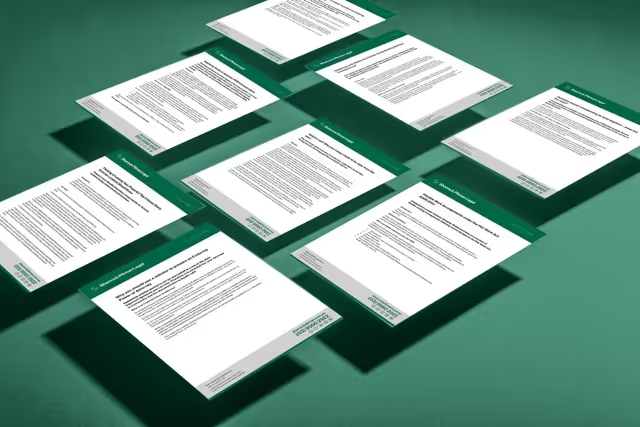Loan agreements
All loans must be properly recorded in writing, even (or especially!) between friends and family.
As we all know, a dispute over money can ruin the best of relationships.
The best way to avoid disputes is to ensure that all loan terms are expressly considered, agreed and clearly recorded. A loan agreement should at least cover: interest rates, timeframe for payments, default provisions and (if applicable) the security for the loan.
The types of security that might be incorporated into a loan agreement are discussed further below.
Mortgages
Having a loan agreement is an important first step but, practically, how do you ensure that the borrower will not default in payment?
A mortgage over real estate is usually the best answer to this question.
In conjunction with a properly drafted loan agreement, a mortgage will enable you to take proactive steps, including forcing a sale of mortgaged property to ensure that funds are returned to you if the borrower defaults on their payment obligations.
Mortgages are generally registered on the Title of the secured property and the Certificate of Title is required to complete this registration.
This sometimes involves dealing with a bank, if there is already a primary registered mortgage and your mortgage will then be a ‘second mortgage’. The bank’s consent will be necessary in these circumstances.
Caveats
These are commonly used to secure repayment of a debt. While they do not give you the same proactive rights of sale as a mortgage, they will prevent a borrower from offloading their property without your consent or knowledge.
There is often a mistaken belief that lending someone money automatically entitles you to place a caveat over their property.
This is not the case. Securing a debt by caveat can only be done with the written agreement of the borrower and this written agreement would usually be the loan agreement.
The Certificate of Title is not required to lodge a caveat and so a caveat can be simpler than a mortgage.
Registered Security Interest
If the borrower is a company, then loans can be secured against the company assets by a Registered Security Interest on the Personal Property Securities Register (“PPSR”). This is a very technical area of the law and strict timeframes apply to register your interest and so make sure you get advice early. Further information on the PPSR system refer to our article on the Personal Property Securities Act.
Guarantees
If the primary borrower does not have sufficient resources to secure repayment, then it may be possible to have another person or company guarantee the debt on their behalf. This would make the guarantor liable to make repayment of the debt on behalf of the borrower, if the borrower defaults in payment.
Usually the guarantor would be liable for the full amount of the debt, plus any default costs and interest, although sometimes a cap can be agreed on the guarantor’s liability. Of course, a guarantor will only be liable if there is clear written Guarantee that has been agreed and signed by them.
Indemnity
It is common to seek that the borrower indemnifies you as lender for any reasonable losses that you may suffer as a result of their default on the loan. It is common that the loan agreement or guarantee would include an indemnity along these lines.
Can we assist you with issues relating to lending?







